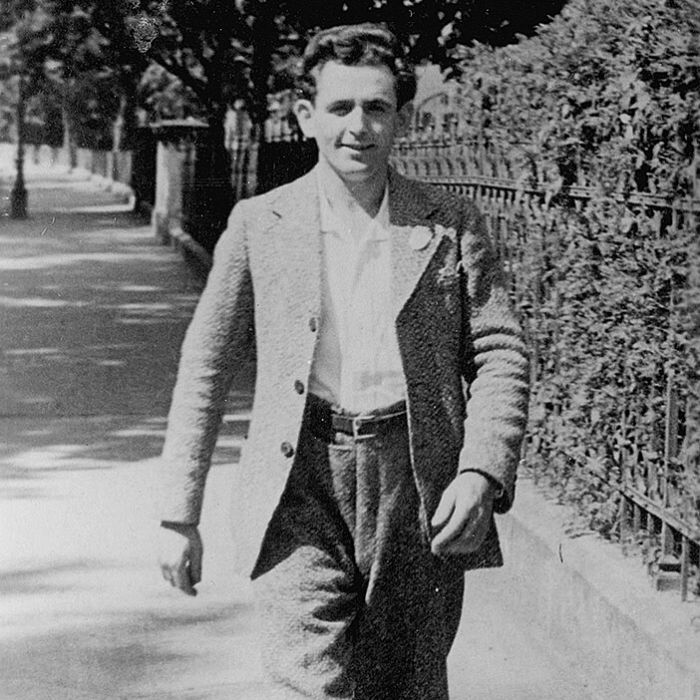Georg Elser was known as being quiet and reserved. Nobody who knew him would ever have thought that he of all people would attempt to assassinate Adolf Hitler. He grew up in what was then Württemberg as the eldest of six children of a farming family. After elementary school, Georg Elser did an apprenticeship as a carpenter, then worked in various factories, including in Switzerland. He rejected the Nazi ideology from the very beginning. In 1938 it became clear to him that Hitler’s policies were aimed at war, and he decided to assassinate the “Führer” (“leader”). The anniversary of the 1923 Beer Hall Putsch, celebrated extravagantly in Munich on November 8-9 every year, seemed to be an ideal opportunity, as Nazi big-wigs such as Joseph Goebbels and Hermann Göring were in the city for the occasion and Hitler made a speech in the Bürgerbräukeller (cellar of the Bürgerbräu beer hall). Georg Elser watched the parades in 1938. After acquiring explosives, he moved to Munich in the summer of 1939. From the end of August he lived as a lodger at Türkenstraße 94. For more than 30 nights he let himself be locked into the Bürgerbräukeller at night and hollowed out one of the columns in front of where Hitler would be standing to make his speech. Finally, in November 1939, he placed his “hell machine”, a home-made bomb, inside it. As planned, it exploded on the evening of November 8, killing eight guests and devastating the hall. But because Hitler had left the Bürgerbräukeller earlier than usual, he escaped the assassination attempt.
Georg Elser was arrested that same evening while trying to escape to Switzerland. Fuse parts he was carrying with him drew suspicion on him. He remained alive for the time being because it was intended that a big show trial should be staged against him after the war, and he was incarcerated in Sachsenhausen and Dachau concentration camps. He was shot in Dachau concentration camp on Hitler’s personal orders on April 9, 1945, just a few weeks before the end of the war. (text Barbara Hutzelmann, editor C. Fritsche, translation C. Hales)




